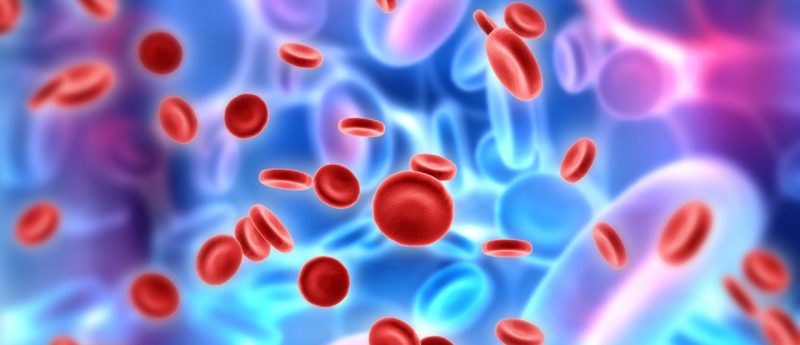Could blood metabolic changes act as biomarkers for cancer treatment success?

Researchers from the Institute of Cancer Research (ICR; London, UK) have suggested that metabolic changes in the blood could act as biomarkers to measure the success of cancer treatment. The study indicates that blood metabolite concentrations can be used to accurately assess whether anticancer drugs are working via their intended target – in the future, this tool could speed up the development of novel targeted anticancer drugs.
The study, published in Molecular Cancer Therapeutics, involved 41 patients from a Phase I clinical trial with The Royal Marsden NHS Foundation Trust (London, UK). The researchers measured 180 blood markers in the patients following administration of the anticancer drug pictilisib.
Pictilisib is designed to target the PI3 kinase (PI3K) pathway in cancer cells and thus plays a key role in cell metabolism in a range of cancers. As cancers with PI3K mutations grow, concentrations of metabolites in the bloodstream decrease. This study is the first to demonstrate that blood metabolites are testable indicators of the efficacy of anticancer drugs – both in preclinical mouse models and in patients.
The ICR team utilized MS to first analyze blood metabolite levels in mice with PI3K mutant cancer cells. They observed that 26 different metabolites increased in concentration following pictilisib treatment. These results indicate that the drug was acting on its intended target and thus reversing the effect of the cancer on metabolite concentration.
Furthermore, 22 of the 26 metabolites also increased in concentration in human patients following pictilisib treatment. Notably, blood metabolite levels increased following a single dose, but decreased again when treatment was stopped, indicating the effect was as a result of drug treatment.
Florence Raynaud (ICR) explained: “We have shown that assessing a patient’s metabolites can be a quick and simple way of assessing whether a cancer drug is specifically hitting its intended target in the body. Our study is an important step in the development of new precision cancer therapies, and is the first to show that blood metabolites have real potential to monitor the effects of novel agents.
“Our method was developed specifically for pictilisib but could now be adapted to discover metabolite markers for other cancer treatments,” Raynaud added.
Paul Workman (ICR) commented: “In the modern world of precision cancer medicine it is really vital to understand a drug’s mechanism of action, and to know how it is working not just overall but in individual cancer patients.”
Workman concluded: “By monitoring metabolic signals in the blood, we could make informed decisions about drug development without having to wait years to see the final results of large clinical trials. And our method could eventually be used to monitor patients routinely during the course of treatment, as a quick and easy way of assessing whether a drug is still working, or whether treatment needs to be adapted.”
Sources: Ang JE, Pandher R, Ang JC et al. Plasma metabolomic changes following PI3K inhibition as pharmacodynamic biomarkers: preclinical discovery to Phase I trial evaluation. Mol. Cancer Ther. 15(6), 1412 (2016); www.icr.ac.uk/news-archive/testing-blood-metabolites-could-help-tailor-cancer-treatment



